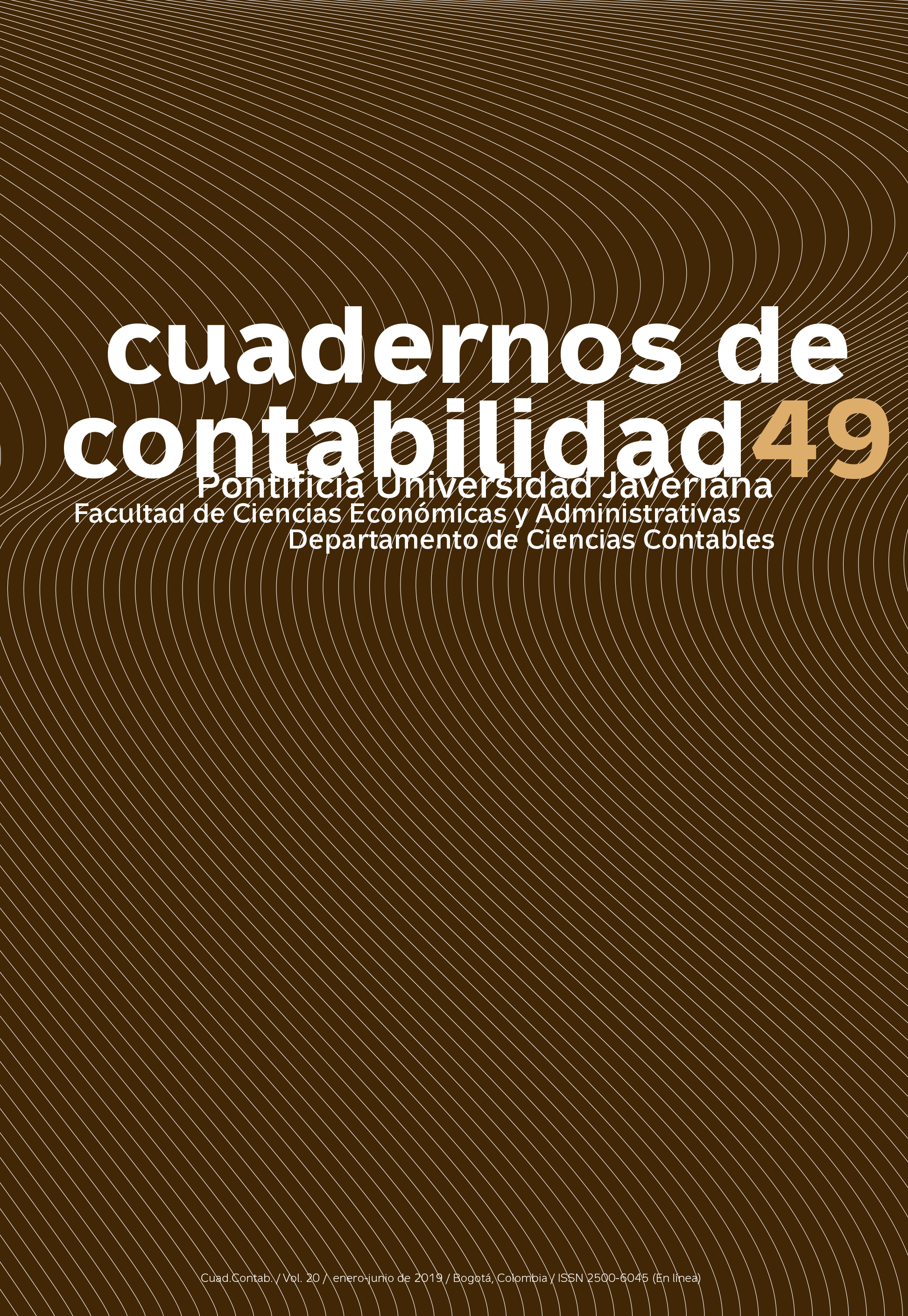About morality and wisdom
##plugins.themes.bootstrap3.article.details##
In this essay, we explore the concepts of morality and wisdom and the relationships that exist between them. Our approach is anthropological and social. We note that moral behaviors are tacitly or explicitly agreed social constructs for just and peaceful coexistence among members of a community. These social constructs obey both to universal anthropological dynamics, as well as to differentiating peculiarities of the human groups by their historical-cultural and territorial conditions. Particular moral behaviors change and evolve at the same time as social changes caused by better or worse quality of life conditions. In the contemporary globalized society are the Tecnociencias the main causes of the changes. The wisdom knowledge comes in aid to the reason to orient correctly the moral changes. We add to the importance of the habitat, of the ecological, in the configuration of the moral and sapiential values, something generally ignored by the majority of the authors of the practical philosophy.
Moral, wisdom, values, social constructs, habitatmoral, sabedoria, valores, constructos sociais, habitatmoral, sabiduría, valores, constructos sociales, hábitat
Bauman, Z. (2006). Comunidad. En busca de seguridad en un mundo hostil. Madrid: Siglo XXI.
Bauman, Z. (2013). La cultura en el mundo de la modernidad líquida. Buenos Aires: Fondo de Cultura Económica.
Boff, L. (1999). Saber cuidar: Ética do humano – compaixão pela terra, 16ª ed. Petrópolis, RJ: Vozes,
Bourdieu, P. (1991). El sentido práctico. Madrid: Taurus Ediciones.
Bueno, G. (1996). El sentido de la vida. Oviedo: Pentalfa.
Calvo C., Q. (2010). Educación de la conciencia. Madrid: Editorial y Distribuidora, S.A.
Capra, F. (1996). Teia da Vida. Tradução de Newton Roberval Eichemberg. São Paulo: Cultrix.
Cardona, J. (2015). Filosofía helenística. Estoicos, epicúreos, cínicos y escépticos. Madrid: Bonalletra Alcompas, S.L.
Damasio, A. (2010). Y el cerebro creó al hombre. ¿Cómo pudo el cerebro generar emociones, sentimientos, ideas y el yo? Barcelona: Ediciones Destino, S.A.
Gilson, É. (2015). El amor a la sabiduría. Madrid: Ediciones Rialp, S.A.
Habermas, J. (1991). Escritos sobre moral y eticidad. Barcelona: Paidós.
Habermas, J. (1998). Conciencia moral y acción comunicativa. Barcelona: Península.
Habermas, J. (1999). Morale et Communications. Paris: Flammarion.
Junges, R. (2001). Evento Cristo e Ação Humana. Sao Paulo: Editora Unisinos.
Lovelock, J. (2006). A Vingança de Gaia. Tradução de Ivo Korytowski. Rio de Janeiro: Intrínseca.
MacIntyre, A. (1981). After Virtue, a study in moral theory. Notre Dame: University of Notre Dame Press.
Ottois, G. (1991). El paradigma bioético. Una ética para las tecnociencias. Barcelona: Anthropos.
Palacios de Torres, C. (2009). La moral: un concepto, muchas interpretaciones. Contribuciones a las Ciencias Sociales, febrero.
Piguet, C. (1991). Transmission des valeurs. Revue de théologie et de philosophie, 123, 147-158.
Potter, van R. (1971). Bioethics: Bridge to the Future (pp. VII-VIII). New Jersey: Prentice-Hall. Englewood Cliffs.
Sabiduría. (s.f.). Significados.com. Disponible en: https://www.significados.com/sabiduria/ Consultado el 2 de mayo de 2018.

